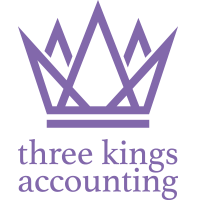Making Tax Digital For VAT Registered Businesses
Making Tax Digital (MTD), the new scheme from HMRC, which requires VAT-registered businesses to use a digital system to file their taxes, is now up and running.
All businesses with a turnover which is above the VAT threshold (£85,000 in 2019) are required to keep digital records for VAT and use compatible software to give their records to HMRC.
Who Does MTD Affect?
For businesses with an accounting period that began on 1 April 2019, the rules came into effect on that date. For taxpayers with an accounting period after that date, they will need to start following the rules from that date.
Some VAT-registered businesses don’t need to start following the rules until 1 October 2019. These include VAT divisions, VAT groups and businesses using the annual accounting scheme. Businesses in this group will have received a letter inviting them to join MTD and they are encouraged to join before the deadline.
Anyone using the GIANT (Government Information and NHS Trust) service will have the deadline extended even further. These businesses should have received a letter in June and will receive further correspondence letting them know the date by which they need to comply with MTD.
Registering For MTD
Business owners or their accountants will need to register online for Making Tax Digital. Those businesses that have just begun to use Making Tax Digital, or will be required to later in the year, need to have compatible software or bridging software to connect non-compatible software to HMRC systems.
There are many software options available, with some big names including Xero and QuickBooks. If you want to continue keeping accounts in spreadsheets, there are options, for example, bridging software can make it possible to avoid switching to an entirely new accounting system.
Before VAT returns can be filed, the software will need to be authorised to allow this.
The Importance Of Record Keeping
The records that must be kept by VAT-registered businesses include original paper invoices, even after inputting information from the invoice into compatible software.
However, if a paper invoice is scanned, the digital image will suffice as long as it has all the necessary information for VAT purposes.
Digital records that must be kept include designatory data, including business name, address and VAT registration number.
They also include supplies made, supplies made by third-party agents, supplies received, use of supplier statements, petty cash transactions, charity fundraising events, reverse charge transactions, and summary data.
Making Tax Digital For Income Tax
Some businesses are also testing Making Tax Digital for Income Tax. Self-employed businesses and landlords can voluntarily use software to keep their business records digitally and send Income Tax updates to HMRC instead of filing Self Assessment tax returns.
However, Making Tax Digital for taxes other than VAT will not be mandated in 2020. MTD for Income Tax will remain available on a voluntary basis until the Government decides to start making the transition for other taxes.
Be sure that your business is up to date with your obligations regarding Making Tax Digital as a VAT-registered business. If you are unsure over your compliance, get in touch with us today and we can talk you through the options. Call 01753 840 188 or email [email protected].


